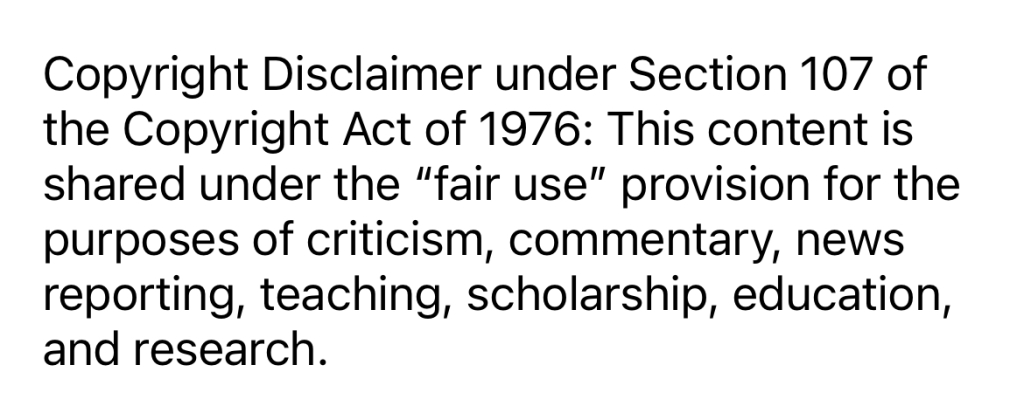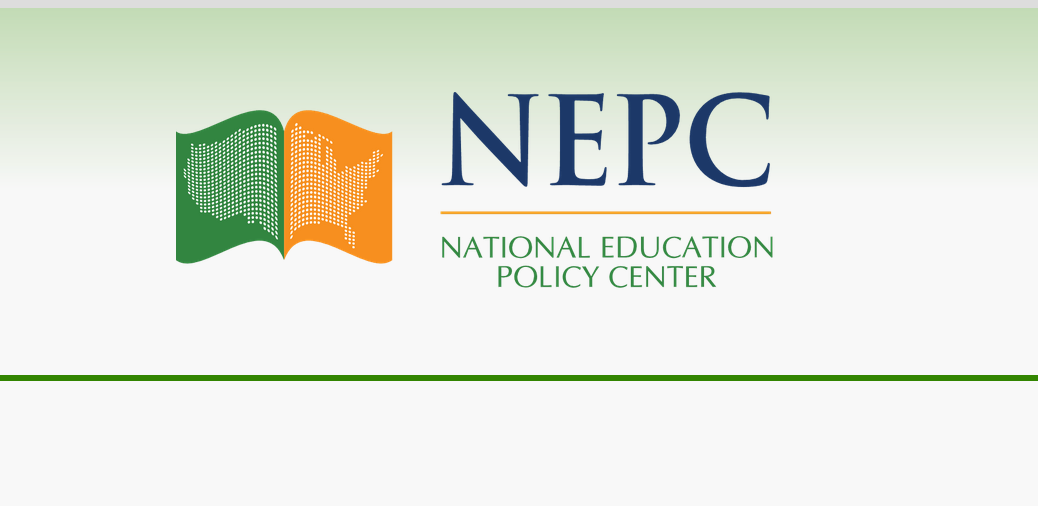[Reposted by permission from NEPC]
What’s scientific about the “science of reading?”
Not much, according to NEPC Fellow Elena Aydarova of the University of Wisconsin-Madison, as explained in a recent article published in the peer-refereed Harvard Educational Review. In fact, she warns that legislators are using science-of-reading legislation to distract from more serious approaches to addressing students’ needs.
Using an “anthropology of policy approach,” Aydarova zeroes in on legislative debates surrounding science of reading (SOR) reforms that have swept the nation in the past half decade. As of July 2022, 29 states and the District of Columbia had adopted this approach, Aydarova writes.
Aydarova closely examines Tennessee’s Literacy Success Act (LSA). She analyses videos of legislative meetings and debates, stakeholder interviews, and examinations of bills, policy reports, media coverage, and other documents associated with the LSA, which was passed in 2021.
This SOR bill was first introduced in 2020. As the bill underwent revisions, the phrase “science of reading” was substituted with “foundational literacy skills” to describe the same content: “Across contexts and artifacts produced by various actors, the meanings of ‘science of reading’ shifted and were frequently replaced with new signs, such as ‘foundational literacy skills,’ ‘phonics,’ and others.”
Aydarova finds little evidence that advocates, intermediaries, or legislators grounded their support in anything resembling scientific evidence. Instead, “science of reading” becomes a catch-all phrase representing a grab bag of priorities and beliefs: “[I]n advocates’ testimonies and in legislative deliberations, neuroscience as SOR’s foundational element was reduced to vague references to ‘brain’ and was often accompanied by casual excuses that speakers did not know what ‘it all’ meant.”
Motivations for supporting SOR reforms range from commercial to ideological. For instance, Aydarova notes that after the passage of The Literacy Success Act in 2021, nearly half of Tennessee’s school districts adopted curricula promoted by the Knowledge Matters Campaign. This campaign, supported by curriculum companies such as Amplify and wealthy backers such as the Charles Koch Foundation, added SOR wording to its marketing effort as the curriculum it had originally supported fell out of favor due to its association with Common Core State Standards, which had become politically unpopular in many states.
As the SOR bill reached the legislative floor, “science” was rarely mentioned.
“The link to science disappeared, and instead the sign shifted toward tradition rooted in these politicians’ own past experiences,” Aydarova writes. “During final deliberations, legislators shared that they knew phonics worked because they had learned to read with its help themselves.”
Concerningly, the bill’s supporters also positioned it as “a substitution for investing in communities and creating the safety nets that were necessary for families to climb out of poverty.”
For instance, legislators dismissed as “state over-reach” proposals that would have expanded access to early education or placed more social workers in schools in underserved communities. Yet they “emphasized the importance of proposing legislation to reform reading instruction to solve other social issues,” such as incarceration, impoverishment, and unemployment. Aydarova writes:
Based on artificial causality—poverty and imprisonment rates would decline if phonics was used for reading instruction—these reforms naturalized the widening socioeconomic inequities and depoliticized social conditions of precarity that contribute to growing prison populations. Through these material substitutions, the SOR legislation promised students and their communities freedom, and robbed them of it at the same time.
In the end, Aydarova finds that, “Science has little bearing on what is proposed or discussed, despite various policy actors’ claims to the contrary. Instead, SOR myths link tradition, curriculum products, and divestment from social safety nets.”
NEPC Resources on Education Policy and Policymaking ->
See Also
Cautionary Tales of State Reading Legislation: Tennessee


